Data gathered about the M-class asteroid challenges earlier assumptions that it is unaltered planetary core.


Data gathered about the M-class asteroid challenges earlier assumptions that it is unaltered planetary core.

There is an urgent need to replace fossil-derived plastics with biodegradable alternatives but do they solve microplastics’ health issues?

1 in 10 women suffer from polycystic ovarian syndrome, yet its fundamental workings remain largely unknown.
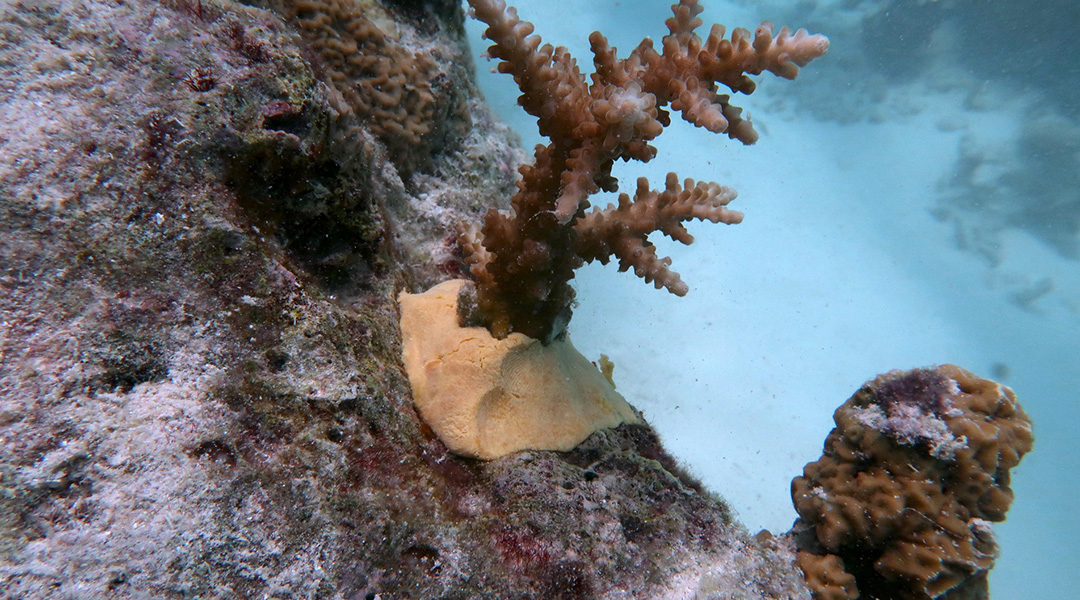
This ocean-safe putty was designed to help seed new coral reefs, offering a much-needed replacement for hardware store products.
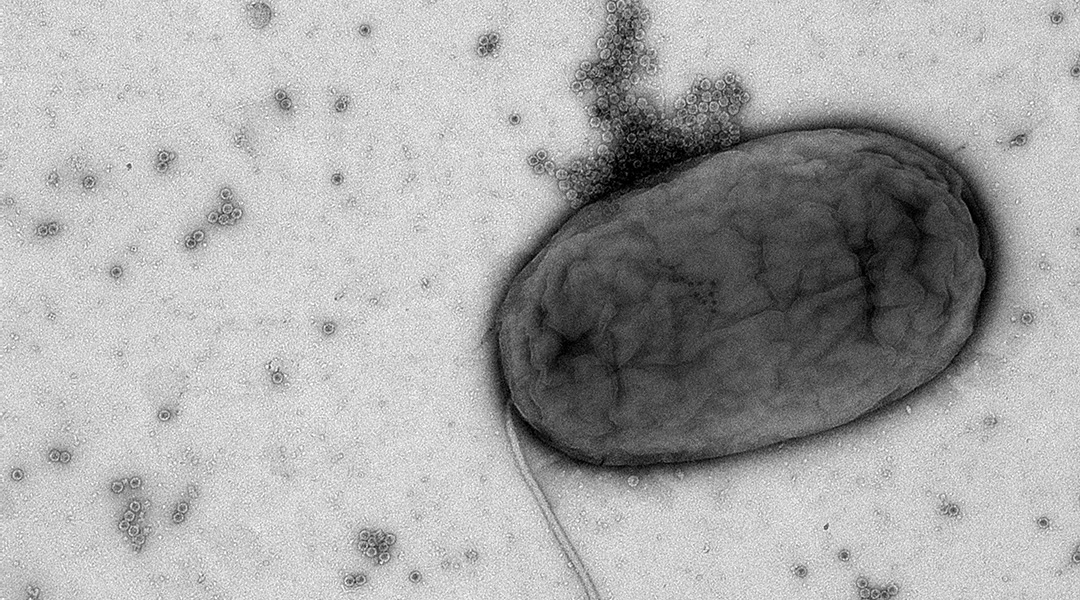
Harnessing bacteriophages’ natural prowess, scientists crafted an antibacterial material for use in medicine and the food industry.
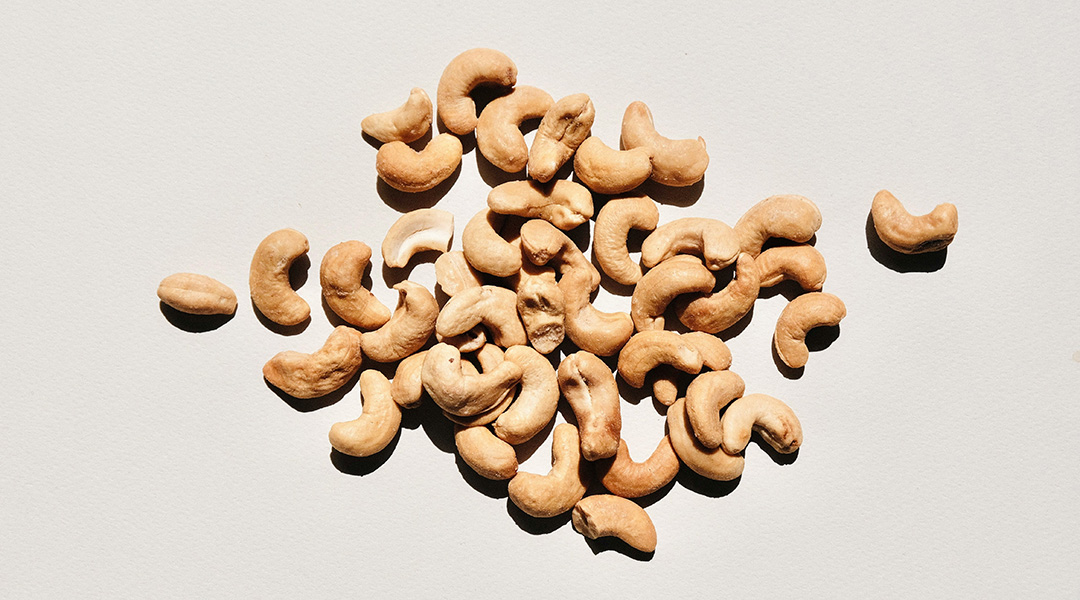
Encapsulating allergens in nanoparticles was found to reprogram the immune system, suppressing severe reactions to food allergies.
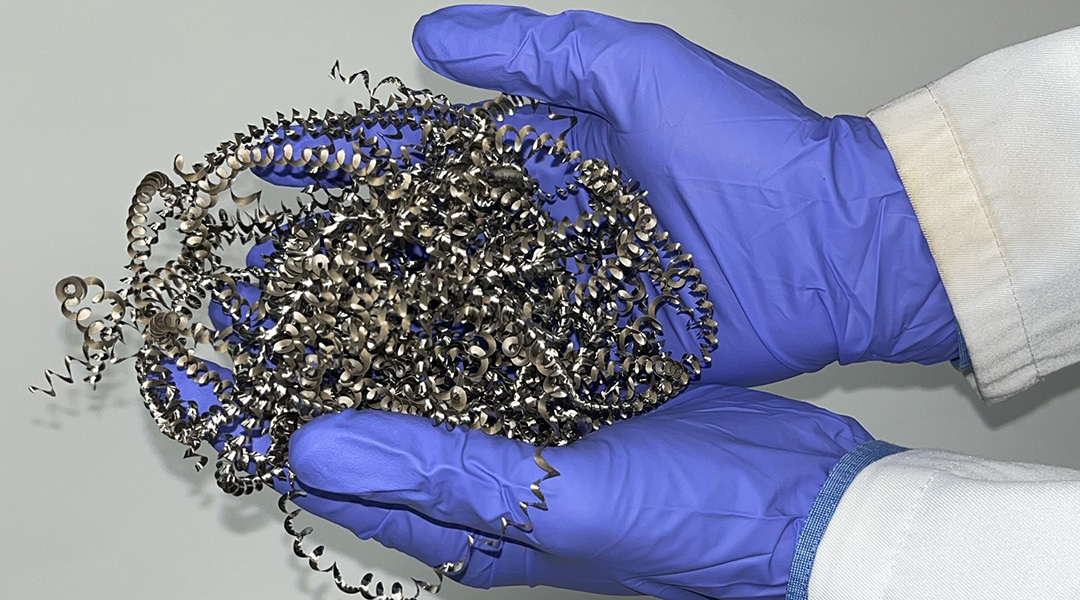
New technique uses waste metal shavings to catalyze hydrogen production, turning nothing but trash and water into clean, renewable fuel.
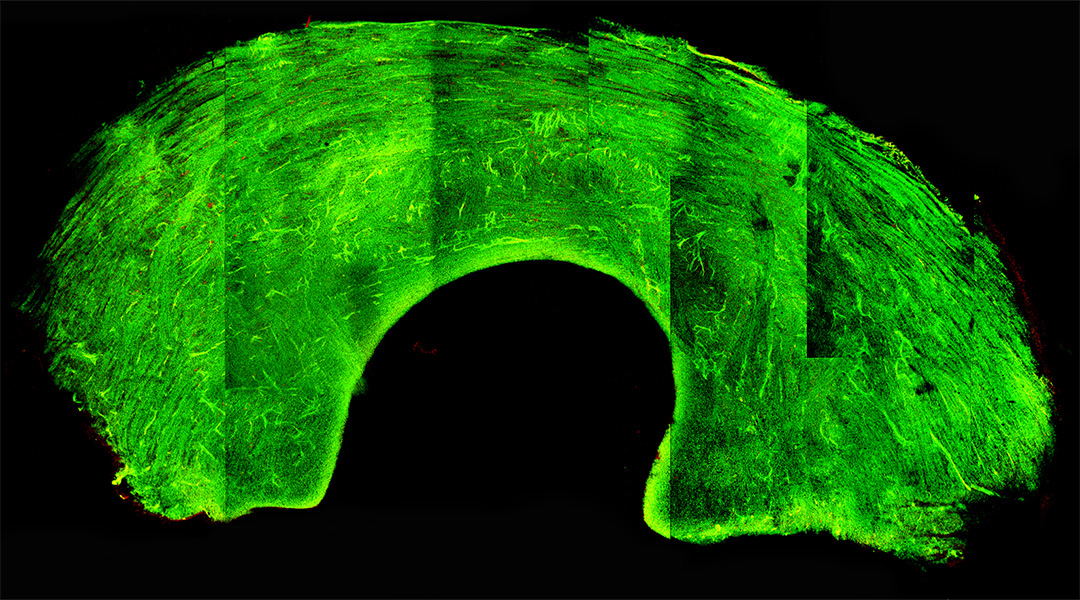
A cryopreservation technique puts graft tissue into a glass-like state, preserving cells and viability during long-term storage.
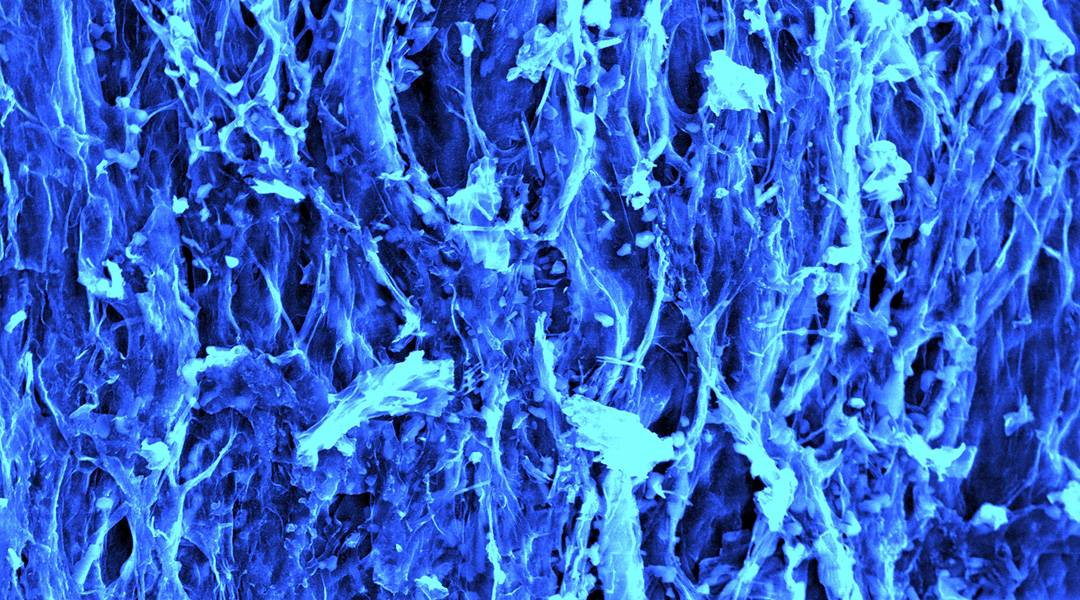
Scientists are using carbon filaments from mushrooms in supercapacitors, paving the way for a sustainable energy future.
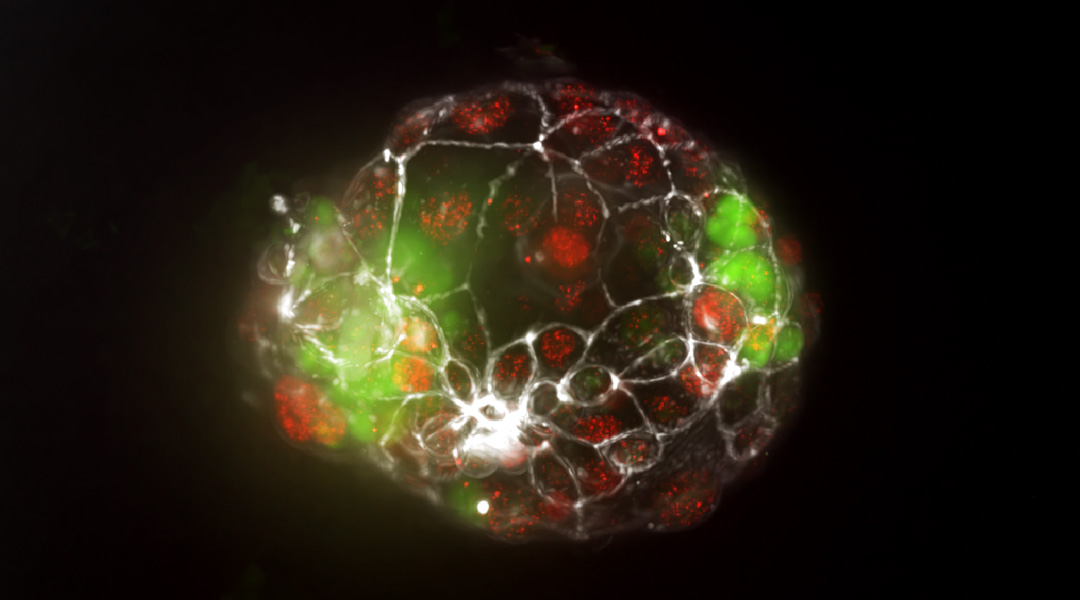
A new organ-on-a-chip model allows researchers to study the splitting of the embryo during pregnancy for the first time.